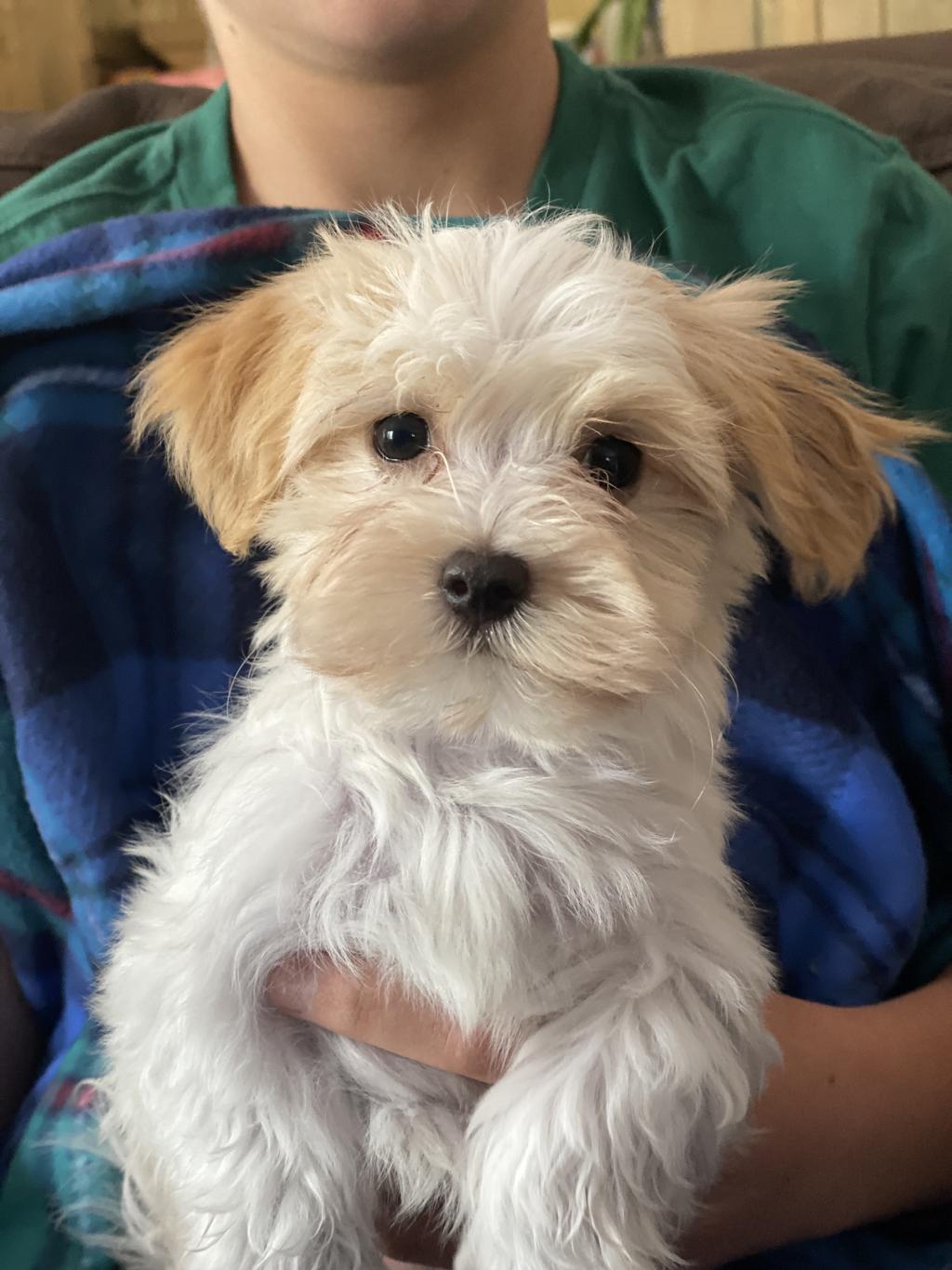
Basenji is a hunting breed that was bred from central African stock. The Federation Cynologique Internationale places this breed in the primitive and Spitz categories. The unique sound of the Basenji's yodel-like voice is what makes it stand out. If you are interested in purchasing a Basenji, it is important to learn about the breed's origins and characteristics.
Basenji's roots
Basenji is a hound breed with an independent, intelligent personality. This dog loves to play, run, sniff and play. Basenjis come in red, white or tri-colored hairs. These dogs are sometimes called "mischievous" dogs.
While some Basenjis bark, others do not. Basenjis have a tendency to be quieter than some other breeds. They have a great watchdog instinct. They do not bark often, but can make other sounds such as meowing, whimpering, and even meowing. Basenjis make excellent pets for families with children older than five years old.
Basenji-like dogs, similar to Basenji, were discovered in cave paintings dating back to 6,000 years in Libya. They are also found alongside Pygmy tribes in South Sudan's Congo Basin. Basenjis were also depicted in Egyptian relics, which date back to 3000 BC. These relics show the dogs with pricked ears and curled tails, and some are even wearing hunting bells.
Characteristics

Basenjis also have the ability to be very independent. This can be a positive trait but can cause the dog to become quite independent. Basenjis can be very intelligent and are difficult to train. Basenjis are energetic and can easily become bored if they are not kept busy. This breed can even be seen on artifacts dating back to ancient Egypt and Babylon.
Despite their independence, the Basenji can be a loyal and loving companion. Basenji are intelligent and are a popular choice for many because of their intelligence. Basenjis are the only breed that will let themselves lick their own skin, which is a rare trait among other breeds. The Basenji, however, will not wipe their nose on your favorite chair or clothing, as they are not like other dogs. Their owners will find them to be clean and tidy.
Take Care
Basenjis are generally healthy, but they can have a number of health problems. For example, Basenjis are susceptible to hypothyroidism, which is a condition where the thyroid hormone levels are too low. Some of the symptoms of this condition include dry skin, increased susceptibility to skin diseases, and dilated pupils. It can also lead to increased body weight, fearfulness and aggression. A veterinarian will test the dog for hypothyroidism and assess the dog’s behavior. If the dog shows signs of hypothyroidism or other symptoms, they will usually prescribe replacement hormones.
Basenjis' annual vet bills can run anywhere from $500 to $1500. So it is important to plan ahead. A pet insurance plan can help owners deal with unexpected costs. Basenjis have many options when it comes to pet insurance. Compare plans to help you choose the best policy for your needs.
Training
Training a Basenji can be difficult. Basenjis are known for their high energy levels and need to be trained. However, obedience can take time. Basenjis should become accustomed to their owner's authority. They will obey commands when given. These are some ways to train your dog. Positive reinforcement is a way to help your dog learn. It is important to reward your dog for obeying a command.

Basenjis are extremely sensitive dogs. Positive training methods should be used. These methods often involve using clickers, lures, and positive reinforcement to teach your dog a new trick. Training your dog is not a time to use force. Aggressive behavior can result.
Exercise
Exercise is a great way to bond with your Basenji, and there are several ways to get your dog moving. One of the easiest ways is to take a walk, or even jog, with your Basenji. Your dog won't overheat if you don't dress appropriately. Walking laps around a local lake is another option. This is a great exercise option for Basenji, and it doesn't involve the risk of him wandering away.
It is best to schedule two 30-minute sessions each day for your Basenji. The exercise program can be a combination of walks, jogs or supervised play in the yard. Basenjis are active and need exercise both mentally and physically. Dog sports that require a lot running should be considered.
FAQ
How often should my dog be groomed?
It is essential to groom your dog. Grooming your dog helps to maintain his coat, and it keeps him clean.
Brushing your dog twice a week is a must. After every meal, brush your dog.
Brushing your dog’s fur will get rid dirt and hair. He will look better if he brushes his teeth.
Also, make sure to clean his ears.
What is pet insurance?
Pet Insurance provides financial protection for pets when they are sick or injured. It also covers routine veterinary services such as microchipping, spaying/neutering, vaccinations, and other preventive care.
Additionally, the policy covers emergency treatment for pets that are injured or become ill.
There are two types of Pet Insurance:
-
Catastrophic insurance - This policy covers your cat's medical expenses in the event of severe injury.
-
Non-catastrophic-This type covers routine veterinarian costs, such as vaccines, microchips, spays/neuters, and other veterinary services.
Certain companies offer both catastrophic coverage and non-catastrophic. Others provide only one.
To cover these costs you will need to pay a monthly Premium. The amount will vary depending on how much money you spend on pet care.
The price of insurance depends on which company you choose. Do your research before purchasing.
If you purchase multiple policies, some companies offer discounts.
You can transfer an existing pet insurance plan from another company to a new one.
If you do not want to buy pet insurance, you'll need to make all of the payments.
There are still ways you can save money. Ask your veterinarian about discounts.
He might discount you if you bring your pet to see him frequently.
If you prefer to pay for a pet, there are many options.
You must always read the fine print, regardless of what type of insurance policy you purchase.
It will inform you of the amount of your coverage. If you don’t understand something, contact an insurer immediately.
What are the things you should consider when buying a pet?
It is important to decide what kind of lifestyle and activities you would like for your family. Are you married? Do you have children? Are they currently over 50? Are there any special dietary requirements for them?
Are you concerned about allergies? Do you have any other questions about your pet?
These questions will help you decide if you want an active companion, a quiet pet dog, a cat that is house-trained, or a fish tank with tropical fish.
If you're considering adopting a puppy, make sure you visit a shelter or rescue group where you can meet the animals and see if you feel comfortable with them.
You should also check to see if the animal is vaccinated for rabies and other diseases.
Also, inquire about the owner's willingness to take care of your pet while you travel. This will allow you to leave your pet at home and not worry about it.
Keep in mind that pets are part and parcel of your family.
Statistics
- Reimbursement rates vary by insurer, but common rates range from 60% to 100% of your veterinary bill. (usnews.com)
- For example, if your policy has a 90% reimbursement rate and you've already met your deductible, your insurer would pay you 90% of the amount you paid the vet, as long as you're still below the coverage limits of your policy. (usnews.com)
- Pet insurance helps pay for your pet's medical care, with many policies covering up to 90 percent of your vet bills. (money.com)
- Here's a sobering reality: when you add up vaccinations, health exams, heartworm medications, litter, collars and leashes, food, and grooming, you can expect a bill of at least $1,000 a year, according to SSPCA. (bustle.com)
- A 5% affiliation discount may apply to individuals who belong to select military, law enforcement, and service animal training organizations that have a relationship with Nationwide. (usnews.com)
External Links
How To
How to choose the best name for your pet
Name selection is one of most important decisions when you adopt a pet. You want your pet's name to reflect their personality.
You should also consider how others might refer to them - if you're going to use their name in conversation, for example. You should also consider how you would like to be called. Are you more comfortable calling yourself "dog" or your "pet"?
These are some tips to get you started.
-
Name your dog a name that reflects its breed. If you're familiar with the breed (e.g. Labradoodle), search for names associated with it. Or ask someone who knows dogs well to suggest a name based on the breed.
-
The meaning behind the name is important. Some breeds are named for people or places, others are nicknames. Because he was always running, the name Rover was given to a Labrador Retriever.
-
How would you like to be called? Are you more comfortable calling your dog "dog" or "pet?" Would you call your dog "Puppy" or "Buddy"?
-
Don't forget to include the owner's first name. It's sensible to give your dog an owner's name. But, don't limit yourself by limiting your family's names. Your dog could grow up to become a member of your family.
-
Keep in mind, many pets have multiple nicknames. A cat, for example, might have multiple names depending on where she lives. When she visits her friends, she might be called "Kitty Cat" but "Molly", at home. This is especially true for cats that live outside. Cats often choose to adopt their name according to their surroundings.
-
Be creative There are no rules stating that you have to stick to one naming convention. Just make sure that you choose something unique and memorable.
-
You must ensure that the name you choose isn't already owned by another person or group. This will ensure that you don't accidentally steal another's identity.
-
Last but not least, don't forget to remember that choosing a name can be a complicated process. Sometimes it takes some time to decide if a name is right. Keep trying until you find the right name!